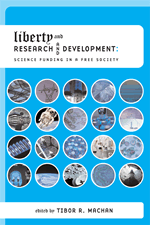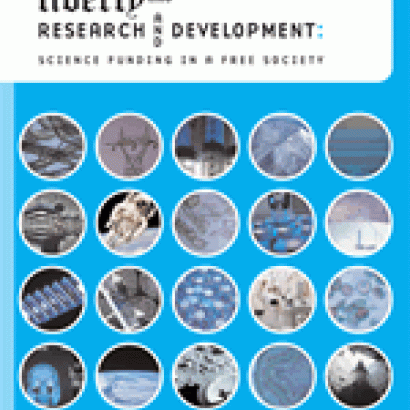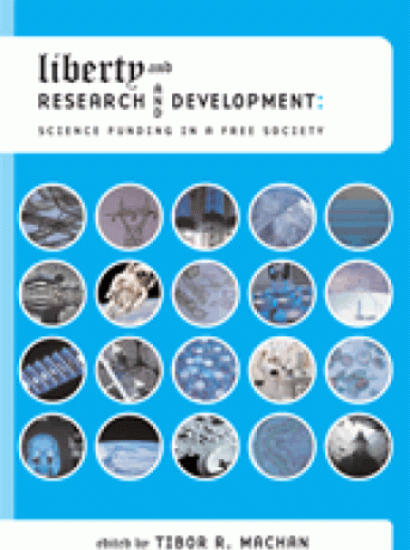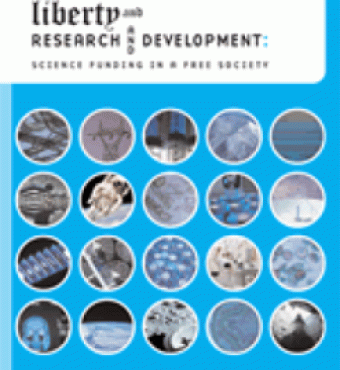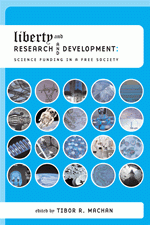- Energy & Environment
- History
- Contemporary
- Politics, Institutions, and Public Opinion
Since World War II, it has become generally accepted that most advanced scientific research will be funded by the federal government. But despite the usefulness of some of these expenditures, there remains the question of whether the funds were necessarily deployed in the best way. How would the money have been spent had it remained in private hands? Might some other projects have served more valuable purposes? And could these alternative projects have been pursued by government, or is the private sector better equipped to discern and to pursue such purposes?
The contributors to this volume explore the implications of government funding of scientific research and offer alternatives to the heavy reliance on government support that research and development (R&D) currently enjoys. Not every author reaches the same conclusions, but each squarely confronts the problems arising from the idea that government funding of R&D is and ought to be the norm. Contributions include a balanced, in-depth look at the Australian government's investment in research, showing that there is a role for government that is not simply dependent on public good or market failure. The book also offers a discussion of what the limits of government-funded research should be—and why it is critical to separate research and government regulation. It presents an examination of federal research funding in the physical sciences and engineering, showing that it appears to work—but that there is no real principle to justify the spending or establish that the money is spent effectively. And it provides a thoughtful reflection on the role of scientific research in a free society, raising the question: Does state involvement in research lead to more or less freedom?
Copyright 2002.







